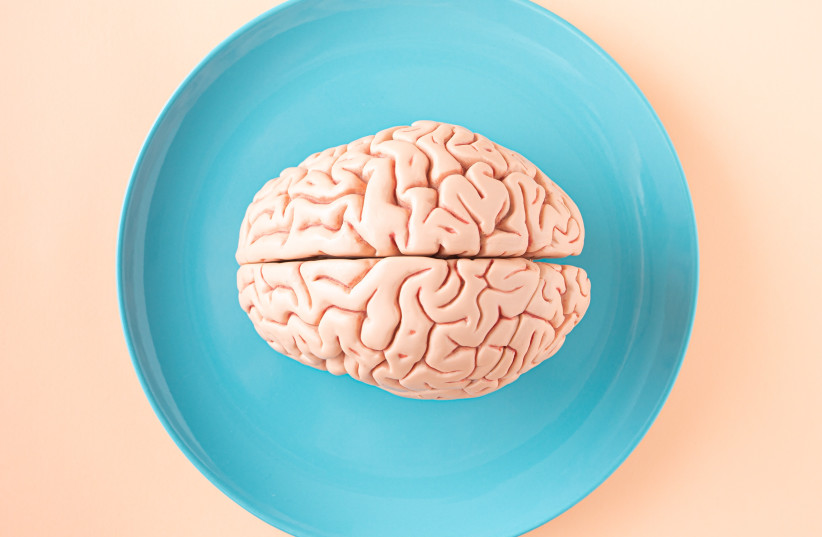If older people are puzzled when they forget things, numbers, and faces, digital puzzles may help. Those over 60 who play digital puzzle games like Sudoku, Word Search, crosswords, anagrams, and the like, have the same memory abilities as people in their 20s, according to a new study at the University of York in the UK.
The study, from the University of York, found that older adults who play these games had a greater ability to ignore irrelevant distractions. However, older adults who played strategy games did not show the same improvements in memory or concentration.
The study, just published in the journal Heliyon, was entitled “Higher working memory capacity and distraction-resistance associated with strategy (not action) game playing in younger adults, but puzzle game playing in older adults.” Heliyon is an all-science, open-access journal that is part of the Cell Press family.
Can gaming help with memory?
It is known that as humans grow older, their mental abilities tend to decrease, especially the ability to remember a number of things at a single time; known as working memory, this is thought to peak between the ages of 20 and 30 before slowly declining as a person ages.
Previous research, however, has shown that the way we hold information in the brain changes as we get older, and so the York team looked at whether the impacts of particular types of mental stimulation like gaming, also cause changes depending on age.

Dr. Fiona McNab of the university’s psychology department said that “a lot of research has focused on action games, as it is thought that reacting quickly, keeping track of targets and the like helps attention and memory, but our new analysis shows that the action elements do not seem to offer significant benefits to younger adults.”
Instead, she went on, “It seems to be the strategy elements of the games – planning, and problem solving for example – that stimulates better memory and attention in young people. We don’t see this same effect in older adults, however, and more research is needed to understand why this is. We can’t yet rule out that the strategy games played by older people are not as difficult as the games played by younger people and that the level of challenge might be important in memory improvement.”
The study included older and younger adults playing digital games that they would normally play in their “real lives.” This resulted in a wide range of games being tested alongside a digital experiment that required participants to memorize images while being distracted.
Dr. Joe Cutting from the university’s computer science department, said: “Generally people have a good ability to ignore irrelevant distractions, something we call ‘encoding distraction.’ We would expect, for example, that a person could memorize the name of a street while being distracted by a child or a dog, but this ability does decline as we age. Puzzle games for older people had this surprising ability to support mental capabilities to the extent that memory and concentration levels were the same as a 20-year-old who had not played puzzle games.”
Older people were however more likely to forget elements committed to memory whilst being distracted if they only played strategy games, and young people were less successful at focusing attention if they played only puzzle games.
The researchers suggest that in the future, researchers could focus on why there is a difference between the impacts of types of games depending on the age of a player and if this is connected to how the brain stores information as people age.
![Crossword puzzle [Illustrative]. Crossword puzzle [Illustrative].](https://images.jpost.com/image/upload/f_auto,fl_lossy/q_auto/c_fill,g_faces:center,h_720,w_1280/439116)